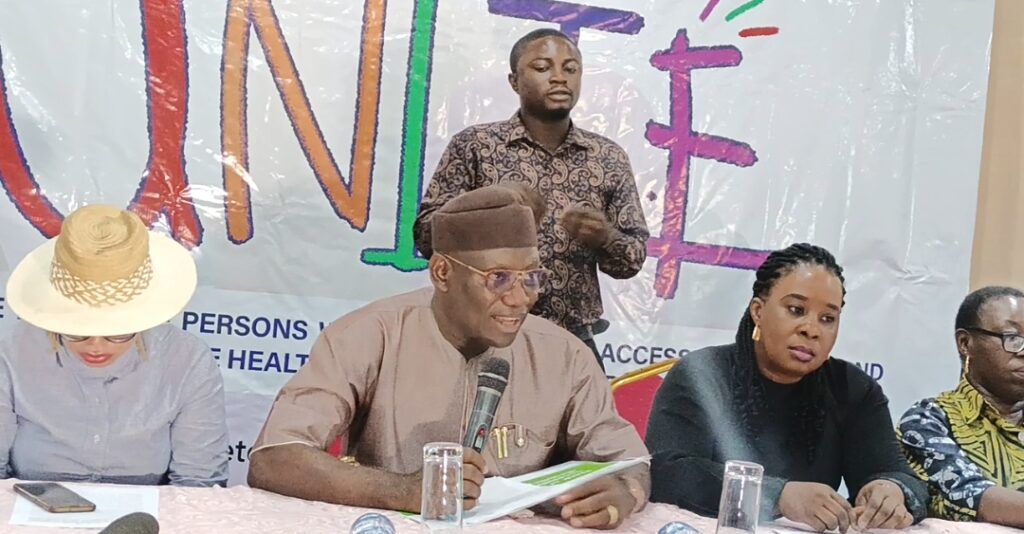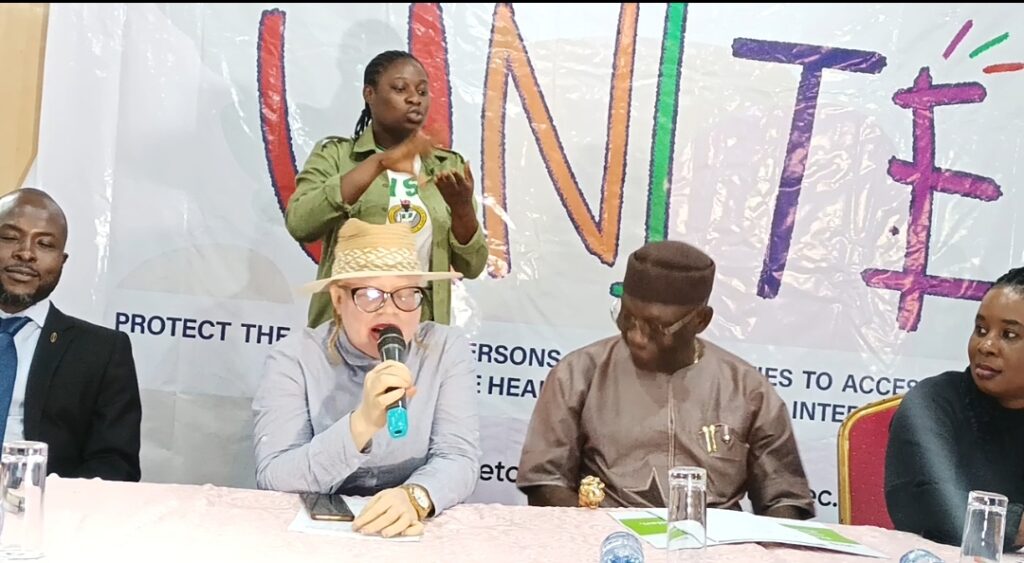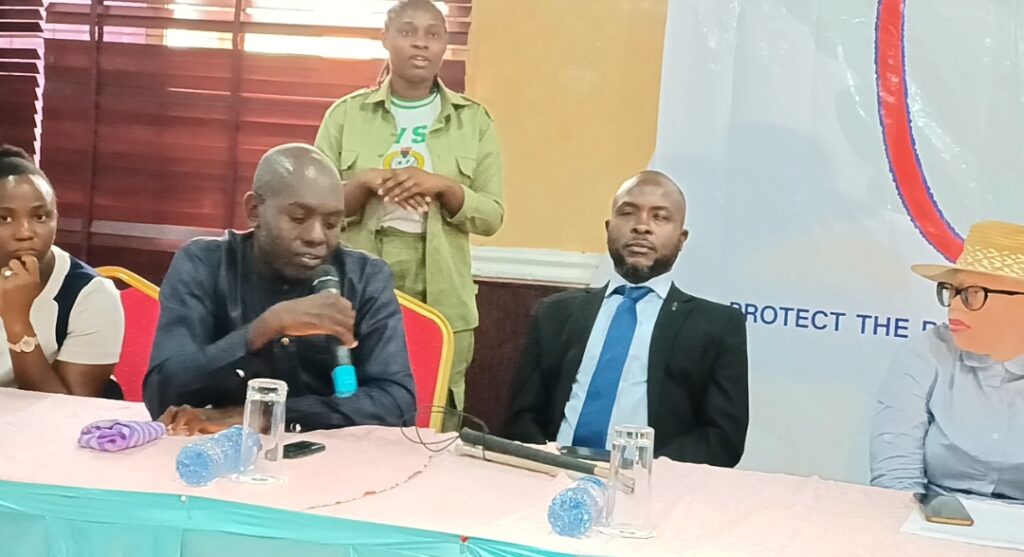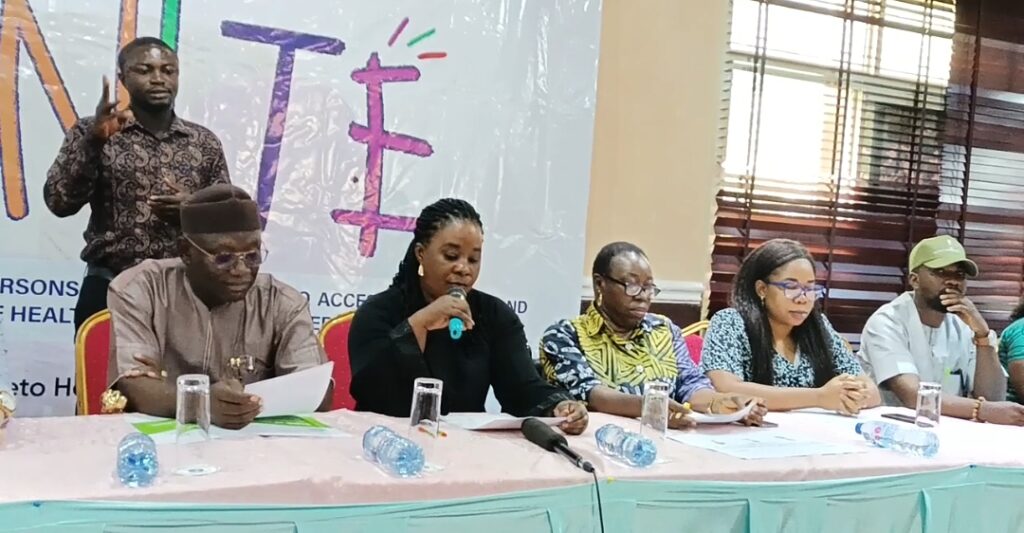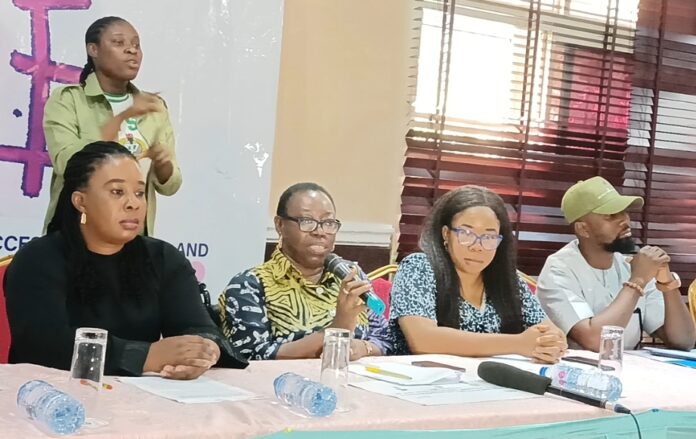The Leprosy Mission Nigeria (TLMN) in collaboration with Disability Rights Advocacy Centre (DRAC) called for an end to sexual and gender-based violence against Persons With Disabilities (PWDs), in Nigeria.
They made this call on Tuesday in Abuja, during a press conference to commemorate the 16 days of activism and the International Day for Persons with Disabilities(IDPD).
The gender advisor, TLMN, Stella Udobong standing in for the National Coordinator, TLMN, Sunday Udoh, noted that the international campaign is observed every year to raise visibility around the call for the elimination of all forms of gender-based violence.
She stated that two out of three women in Nigeria experience some form of violence in their lifetime. For women and girls with disabilities, they are often faced with disproportionately high rates of gender-based violence, sexual abuse, neglect, maltreatment and exploitation.
“Studies show that girls with disabilities are twice likely to experience gender-based violence compared to women and girls without disabilities. Most vulnerable to violence are children on the autism spectrum, as well as women and girls with hearing, visual or intellectual disabilities,” Udobong said.
She added that while society denies PWDs their sexual and reproductive health rights, they remain the most sexually violated and abused, most often by care-givers and family members.
She called on the media to amplify the voices and rights of PWDs, to sexual reproductive health rights, speak against gender-based violence, the need for inclusion, assistive technologies and ensure the use of right terminologies devoid of discriminatory language for PWDs.
Amaka Agwu, a program officer at DRAC in her speech said the conversation on the issues of gender based violence and sexual and reproductive health of women and girls have continued but still service providers have not been able to understand the inclusion of women with disabilities in health and justice service delivery. On the part of women with disabilities, many of them still don’t know what is expected of them to access healthcare services, they don’t understand their rights and even when they understand, they are not ready to go all the way to access justice, they will prefer to leave it for God. There is still absent of data on some of these incidences of GBV, access to healthcare service.
“If you go to the hospital to enquire about access to maternity care for women with disabilities, you will not find anything, and there is women with disabilities giving birth, you would be wondering where are they having those children”
She called on the media to do more by trying to project the core issues because that is only way the duty bearers and the public will take those issues serious.
Lawrence Idemudia, the acting director, Social Integration, National Commission for Persons with disabilities (NCPWD), in his remark on behalf of the Executive Secretary, NCPWD, James Lalu said that the commission have shown commitment towards addressing these issues by establishing gender unit and compliance and enforcement department. The action is to show that the executive secretary is very passionate about the challenges faced by women and girls with disabilities by setting programmes and intervening on their socio-economic challenges, and through the compliance and enforcement department, the commission will intervene through their team of lawyers whenever they were faced with violence and abuses.
He informed that the commission have created an App where victims can report any act of violence and abuses against them. He promised that the commission will react promptly to the complaints.
Dr Toyin Aderemi, a disability inclusion expert who is also a wheelchair user in her speech said that the problem is that some people think that persons with disabilities are asexual, PWDs have no business with sex and as such, they are denied access to SRHR. She charged the media to assist PWDs to change that narrative.
Speaking further, she urged the service providers to become more innovative in enhance access to healthcare for persons with disabilities.
“it shouldn’t be something big, once it is effective and serving a purpose, it will go a long way to access to SRHR services for PWDs”.
Watch the Press conference:
Some Pictures of the Press Conference
